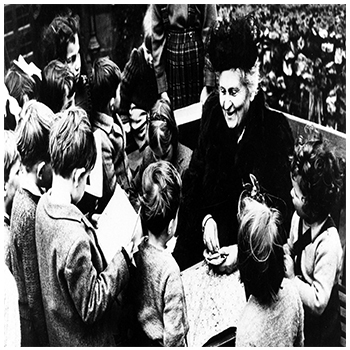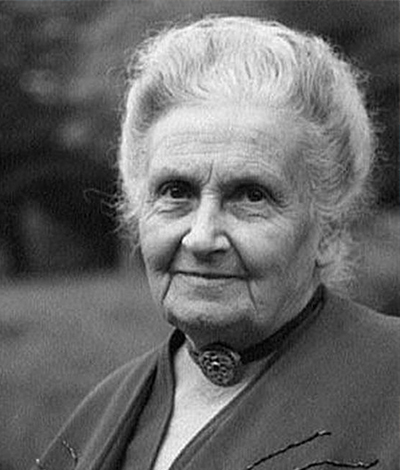All parents hope to find the best educational program for their children. And they recognize the lasting impact that early learning experiences have on a child’s development and future learning. What is it about the Montessori philosophy and practice that is so appealing to parents?
For more than a century, Montessori has been thriving around the globe, and contemporary research validates the effectiveness of the Montessori Method. Several key elements of the approach meet the educational goals today’s parents have for their children, including growing into capable people who will be have a strong sense of self, the ability to connect with others, and the potential to be productive throughout their lives. With Montessori, that growth starts early. The early years (birth through age 6) are a critical time to set a strong foundation for who a child will become and the role she or he will play in the future.
A Montessori education develops students who are capable, accountable, knowledgeable people who have the strong sense of self they will need to thrive in the real world.
Montessori Education: Designed initially for preschool aged children, consists of a learning process based on each child’s freedom of choice within a carefully prepared physical environment.
The Montessori philosophy: Recognizes each child’s inborn desire for self-development as the source of all learning. The environment of the Montessori classroom is designed to support children in their own process of self-development.
The Montessori Teachings: Assist children in their learning process by encouraging them in the use and mastery of specially designed self-instructional materials. The teacher uses techniques of observation, questioning, and presentation of materials and the establishment of certain limits. The Montessori Method: is dynamic in that observation and meeting of needs is continual and specific for each child.
The Montessori Method: This is dynamic in that observation and meeting of needs is continual and specific for each child.



